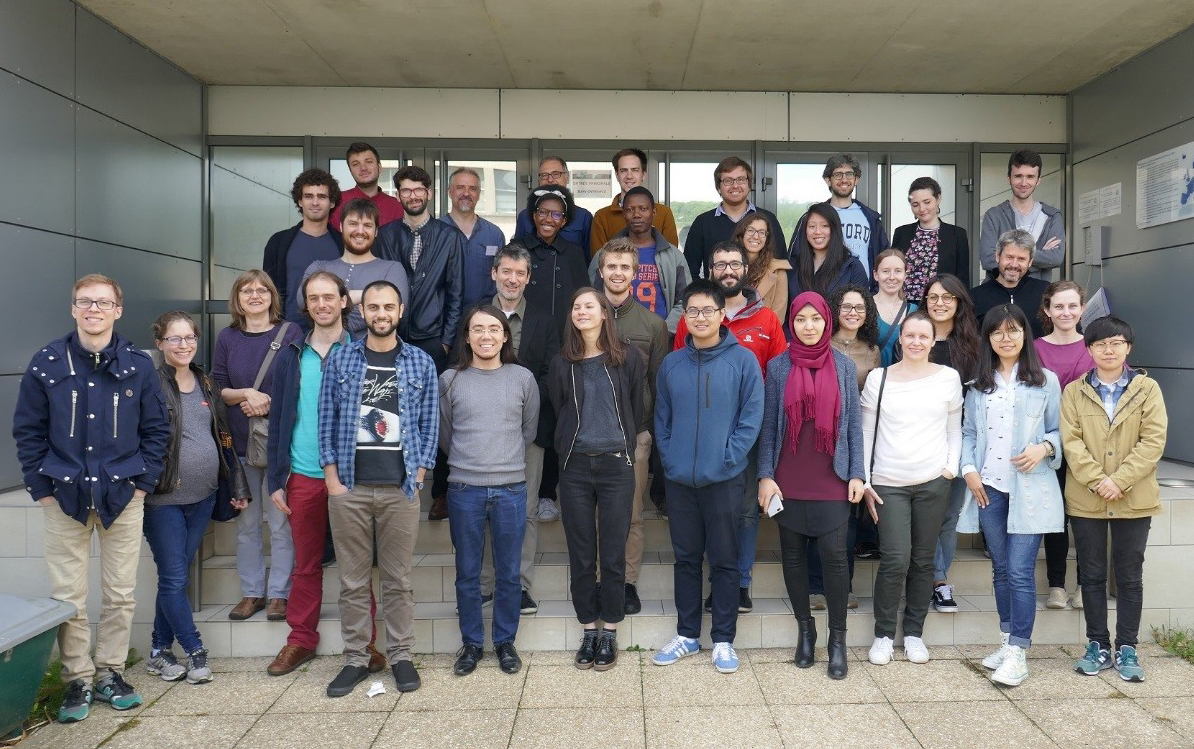Jacinta’s tour to France

IN2P3 held its annual Geant4 School last week at the Laboratoire de l'Accélérateur Linéaire (LAL), supported by CNRS and The Doctoral School PHENIICS at the University of Paris-Sud in Orsay, France. Aimed primarily towards PhD students and researchers based at collaborating institutes in France, this was the first year the school was run in English, providing a timely and useful opportunity for Jacinta, OMA fellow from the University of Liverpool, to attend.
The school delivered lectures combined with exercises for participants to develop as well as bolster their skills with Geant4, a Monte Carlo simulation toolkit which is widely used for many physics applications – including but not limited to, high energy physics, astrophysics, hadronic physics and medical physics. In many fields and especially physics, Monte Carlo simulations are used as an approach to generate an accurate approximation of processes based on probabilities. More specifically, when considering the effects of radiation and interactions with matter, events are random but their probabilities of occurrence can be calculated. In fact, the accumulation of their possibilities may lead to an outcome which can be precisely determined. In this way simulations are very useful in predicting and investigating complex interactions and can provide a computational projection of the outcomes expected of real life events. This allows for the comparison between results obtained in practice experimentally, with those determined by simulations and calculations.
Over the week, lectures covered fundamentals of the geant4 toolkit, definition of the geometry, materials, particles and processes, user interfaces, visualization and macros, progressing to more advanced topics such as scoring, analysis, multithreading and biasing. Each major topic was accompanied by a session of exercises where necessary files of coding were given with an outline and desired outcome of the task. Students worked through the lecture materials and online documentation, implementing changes to the script to achieve the given task. Overall, the school gave a good overview of the knowledge necessary to use the toolkit and the skills to develop further to build a user specific application. This was a good experience for Jacinta and she will utilise what she has learnt at this school for her OMA project.